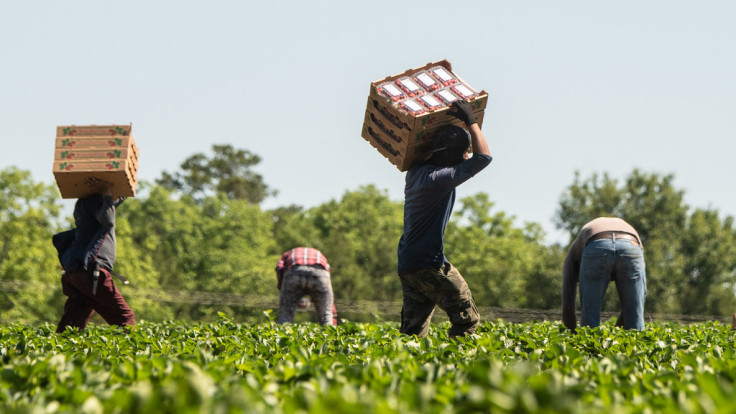
The Department of Labor announced a significant expansion of MigrantWorker.gov and its Spanish version TrabajadorMigrante.gov, two websites that provide useful information to help protect the rights of all workers regardless of their immigration status.
The change to the latter includes the addition of new Spanish-language videos on common challenges migrants face, "including safe transport to job sites, illegal recruitment fees and the right of nursing employees to have the appropriate space and time to express breast milk", as the official press release explains. These videos join a catalog that includes topics such as wage theft, heat exposure and unsafe work conditions, all of which are easily accessible on mobile and desktop devices.
The Department of Labor hopes that by providing videos in Spanish to a wider range of workers, it will broaden access to important information about federal regulations that protect their rights to a safe workplace free from discrimination or harassment, making it easier for immigrant workers to defend themselves against potential abuses by their employers.
The new content of the TrabajadorMigrante.gov portal also offers contacts with the embassies and consulates of the Dominican Republic, El Salvador, Guatemala, Honduras, and Mexico for immigrants who need to make inquiries. "Workers will find details on how to locate and contact their native countries' U.S. consulates as well as answers to their concerns regarding their rights", added the press release.
The other significant change announced by the Department of Labor to its websites was the addition of six more languages to its platform of information on the labor rights of migrant workers: Arabic, Simplified Chinese, Creole, Portuguese, Tagalog, and Vietnamese. This expansion offers "a wider range of workers the necessary access to important information about federal regulations that protect their rights," the agency indicated.
The Department of Labor recently announced another measure that seeks to improve working conditions for temporary farm workers, including legal protections against employer retaliation and illegal recruitment practices. The new rule will take place on June 28, and it will target abuses experienced by workers under the H-2A program that undermine fair labor standards for all farmworkers.
© 2024 Latin Times. All rights reserved. Do not reproduce without permission.







